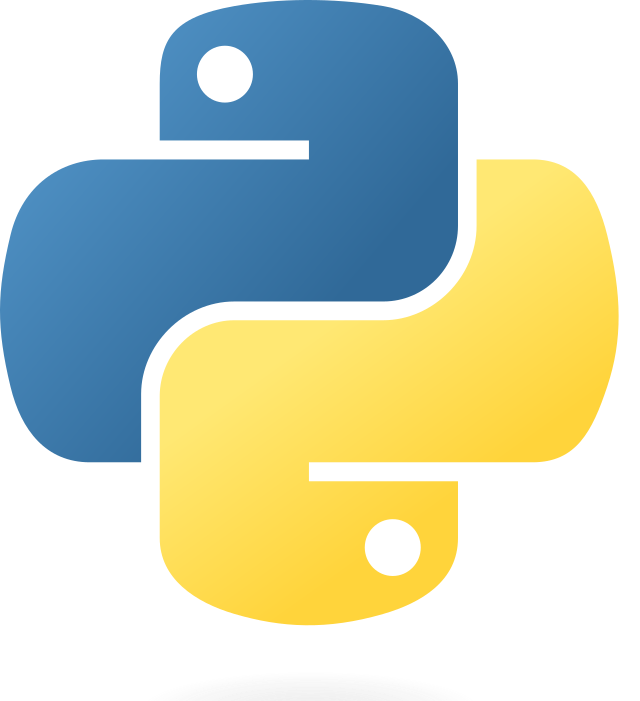Master in python | Techware
Python is a high-level, interpreted programming language known for its simplicity, readability, and versatility. Here are some key aspects of Python: Interpreted Language: Python is an interpreted language, which means that the source code is executed line by line by the Python interpreter. This allows for dynamic typing and makes it easier to test and debug code. High-Level Language: Python is a high-level language, which means it abstracts many low-level details like memory management. This makes it more user-friendly and allows developers to focus on solving problems rather than dealing with complex details. Readability: One of Python's strengths is its clean and readable syntax. The language enforces indentation as part of the syntax, making the code structure more consistent and visually appealing. Versatility: Python supports multiple programming paradigms, including procedural, object-oriented, and functional programming. This versatility makes it suitable for a wide range of applications. Large Standard Library: Python comes with a comprehensive standard library that includes modules and packages for various purposes. This allows developers to perform tasks like file I/O, networking, and data manipulation without having to write code from scratch. Community and Ecosystem: Python has a large and active community of developers. This has led to the creation of a vast ecosystem of third-party libraries and frameworks that extend Python's capabilities. Popular libraries include NumPy and Pandas for data science, Django and Flask for web development, and TensorFlow and PyTorch for machine learning. Cross-Platform: Python is available for various operating systems, including Windows, macOS, and Linux, making it a cross-platform language. This enables developers to write code that can run on different platforms without modification. Used in Various Domains: Python is used in a wide range of applications, including web development, data science, artificial intelligence, machine learning, automation, scientific computing, and more. To start using Python, you need to have the Python interpreter installed on your system. You can write Python code in a text editor or use integrated development environments (IDEs) like PyCharm, VSCode, or Jupyter Notebooks.

